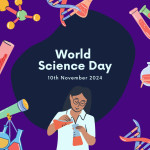All About Hiroshima Day
The sixth of August is designated as Hiroshima Day each year. During the Second World War, the United States launched an atomic bomb on the Japanese city of Hiroshima on August 6, 1945, killing about 20,000 military and between 70,000 and 126,000 civilians. Three days later, a comparable bomb was launched on Nagasaki, another Japanese city, resulting in an additional 80000 deaths. This was the world's first and only time that nuclear bombs were used. An additional A-bomb was detonated on Nagasaki three days later by a second B-29, killing an estimated 40,000 people. In a radio address on August 15, Japan's Emperor Hirohito declared the end of World War II and cited the devastating impact of "a new and most cruel bomb."
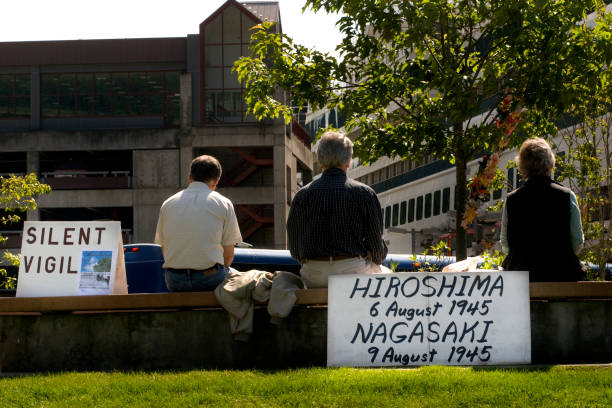
History:
The city of Hiroshima received a nuclear weapon from the United Nations in 1945. 39% of the city's residents were killed as a result. The Little Boy and The Fat Man, two nuclear weapons developed by the US were dropped on Hiroshima and Nagasaki, respectively, on August 6 and 9, 1945.
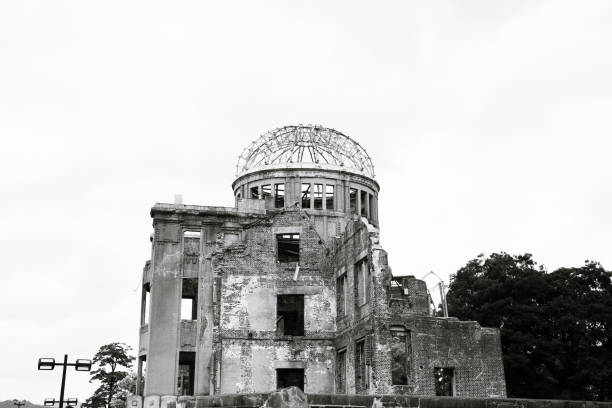
Importance:
This day is important since it focuses on anti-war and anti-nuclear protests in numerous nations. People go to the Hiroshima Peace Memorial Museum on this day to view the records of the Second World War's atomic bombing of Hiroshima.
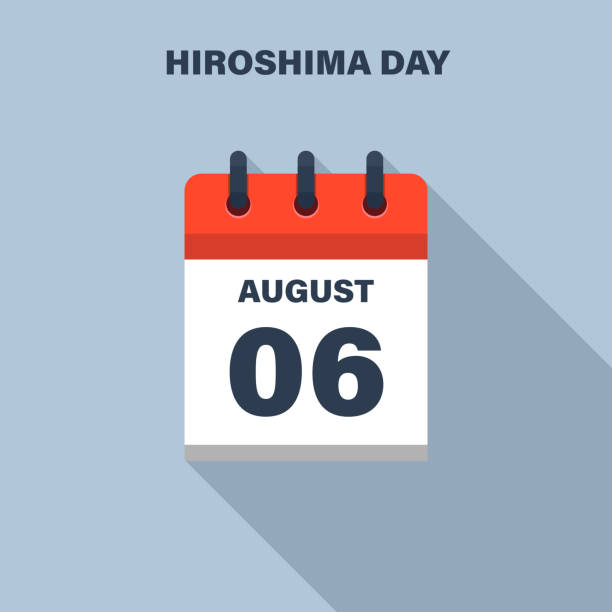
Cause & Impact:
In Hiroshima, between 90000 and 146000 people perished. The bombing immediately left the city in ruins. People kept dying due to radiation poisoning, burns, and other wounds for months after the attack. Malnutrition and disease made matters worse. Despite the fact that civilians made up the majority of the deaths, several military people also perished.
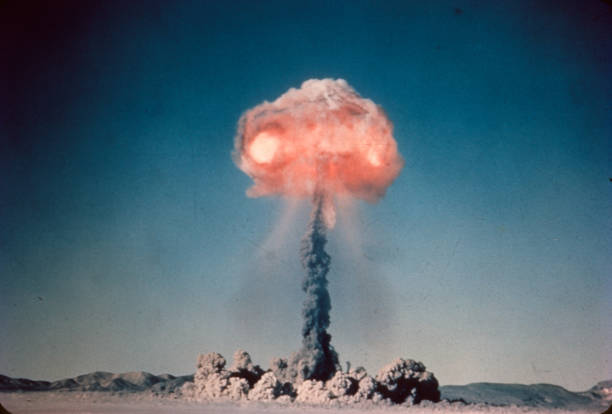
- On August 9, a bombing of Nagasaki resulted in roughly 80000 fatalities. 'Fat Man' was the name given to the bomb that was dropped on this city. It was a bomb with a plutonium implosion design.
- Japan gave up on August 15, 1945, to the Allies. When Japan signed the instrument of capitulation, the War was declared to be over on September 2.
- The legality and morality of using those weapons are still up for question, despite the fact that many Americans supported their use, claiming that it ended a war that would have claimed more lives.
- The terrible consequences of nuclear weapons led Japan to become a pacifist and non-nuclear nation.
- For decades, the radiation's impacts on the cities persisted in the form of elevated cancer, birth defect, and other anomaly risks among the survivors.
- The survivors are referred to as "Hibakusha" in Japan, which is Japanese for "explosion-affected people." The government has officially identified roughly 650000 Hibakusha.
- 'Hiroshima Day' is celebrated annually on August 6 in honour of the victims.
- The US's deployment of atomic bombs sparked the Soviet Union's decision to begin developing nuclear weapons. In 1949, the Soviet Union exploded an atomic weapon. The Cold War had just begun at this point.















